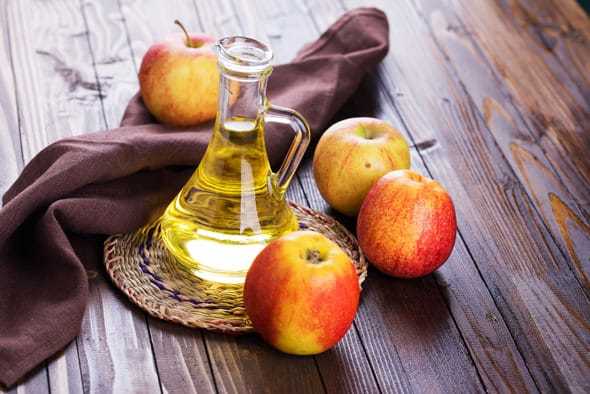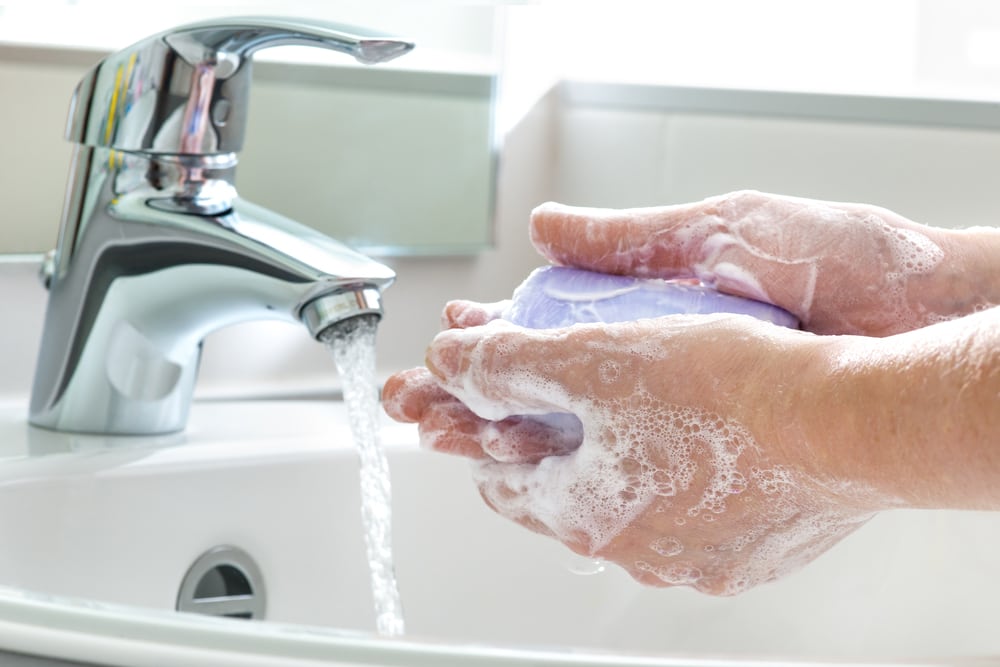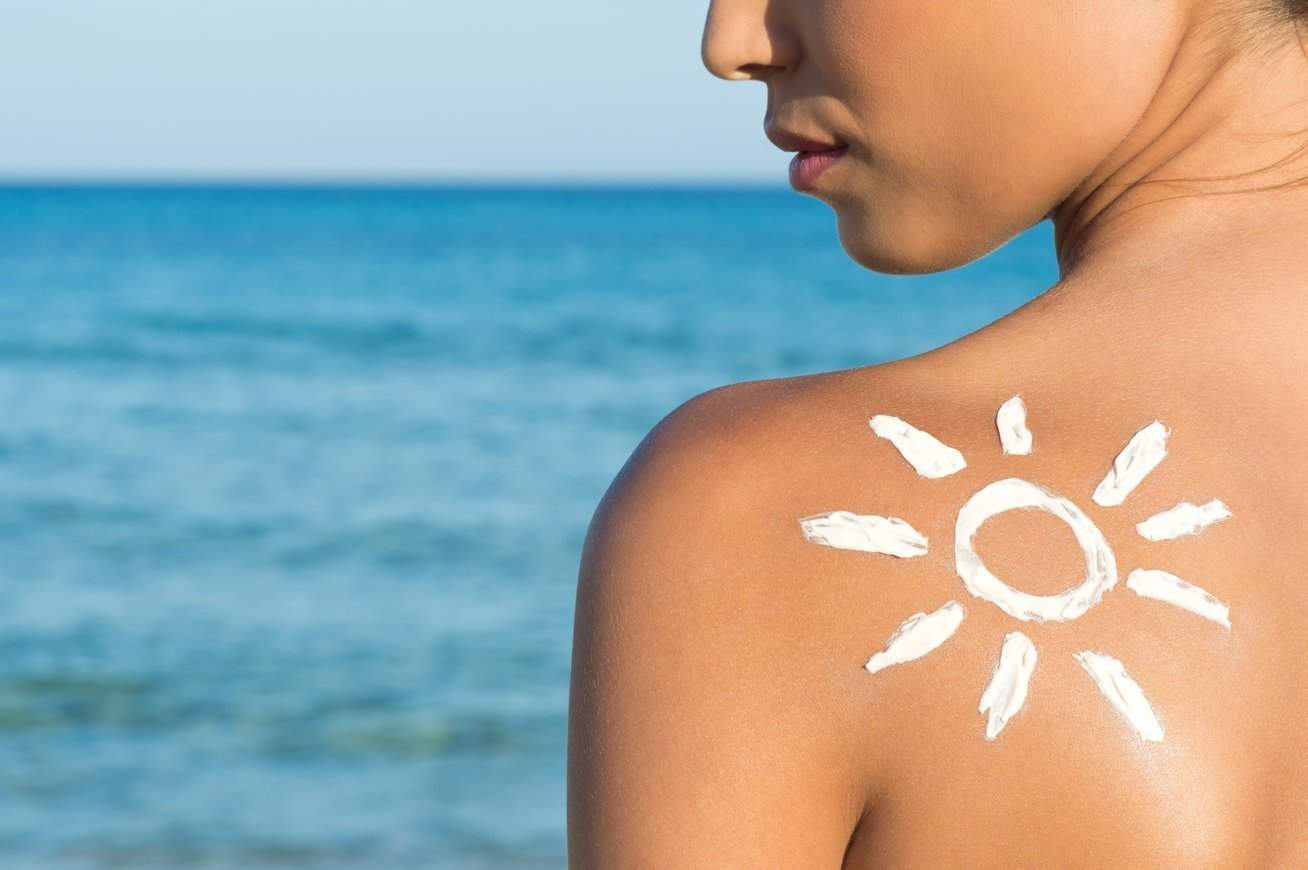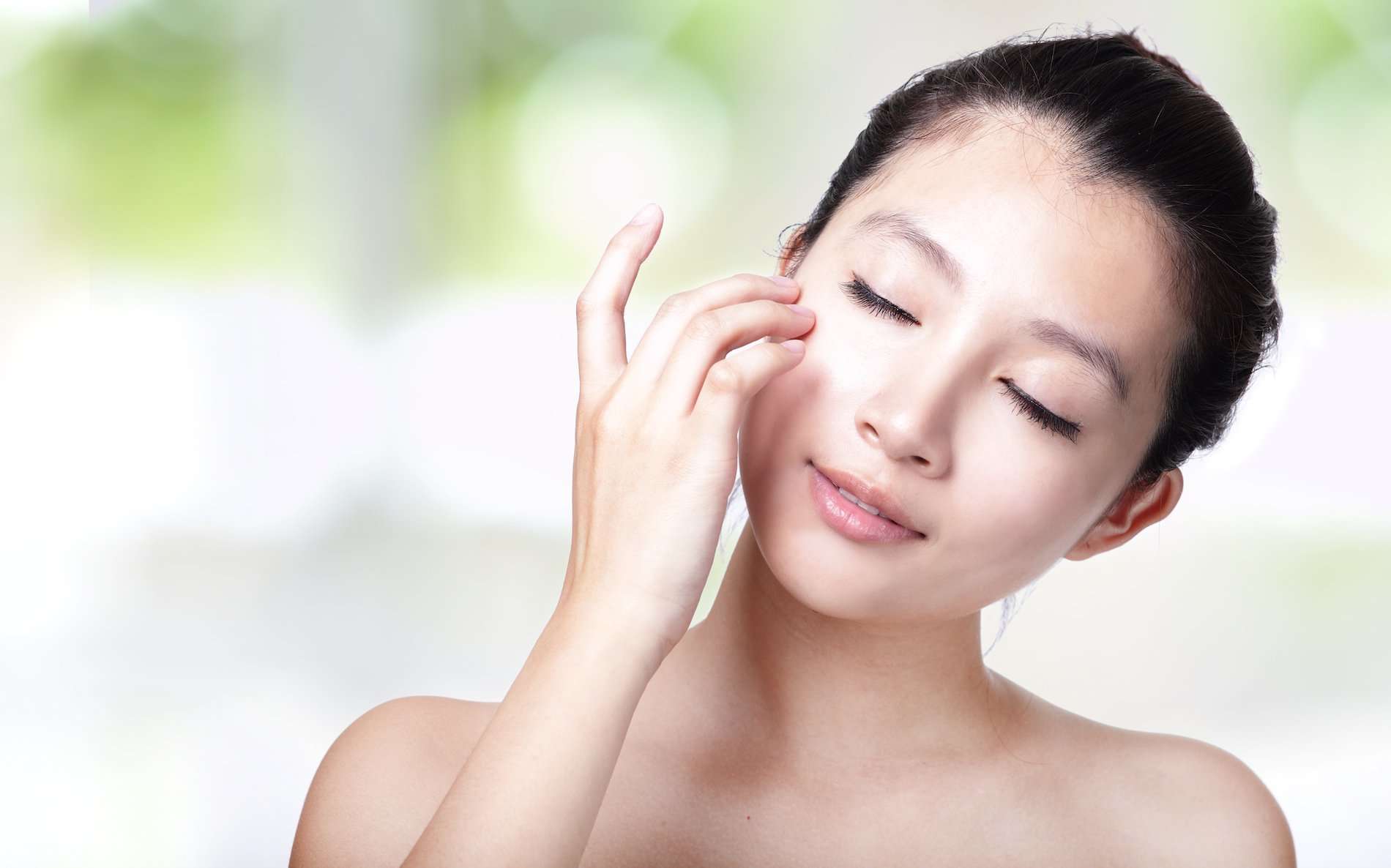Contents:
- Medical Video: All About AHA for Skin from Product Recommendation to Ingredient Combination | Do & Don't
- What is the difference between AHA, BHA, and retinol?
- AHA
- BHA
- PHA
- Retinol
Medical Video: All About AHA for Skin from Product Recommendation to Ingredient Combination | Do & Don't
Look at the collection of facial care products that you have today. Some may include salicylic acid,retinol, arrivedAlpha-Hydroxy Acids and BHA in the composition label. So actually, what are AHA, BHA, PHA and retinol? How do you combine these ingredients to work optimally instead of causing irritation to our skin? Check here!
What is the difference between AHA, BHA, and retinol?
AHA
AHA or Alpha-Hydroxy Acids is a type of acid obtained from processing plants and animals. The AHA content in skin care can be found in the form of:
- Citric acid (comes from oranges)
- Glycolic AC ID (derived from sugar cane)
- Hydroxycaproic AC ID (from royal jelly)
- Hydroxycaprilic AC ID (comes from animals)
- Lactic acid (derived from carbohydrates)
- Malic AC ID (derived from fruits) ng
- Tartaric AC ID (comes from wine)
AHAs have many functions for skin beauty and health. Starting from treating pimples, fading acne scars, lifting dead skin cells, brightening skin tone, shrinking pores, getting rid of skin and restoring elasticity, to counteract the effects of premature aging such as wrinkles and fine lines.
Alpha-hydroxy acid and all its derivatives are proven safe for the skin. But because of its irritating nature, you are advised to use skin care products that contain an AHA concentration of <10 percent.Of the seven ingredients above, glycolic acid and lactic acid the most popular ones are included in skin care products because they rarely irritate.
It should be noted that the effect of alpha-hydroxy acid, especially on acne-prone skin, is usually only seen after regular use for 2-3 months.
BHA
Salicylic acid as sor only the source of BHA is often marketed as a drug pimples. But besides drying pimples, salicylic acid turns out to also function to exfoliate dead skin and reduce facial oil production (sebum)so that it can reduce the formation of black comedones (blackhead) and white blackheads (whiteheads).
Look for skin care products that contain a concentration of BHA of about 0.5 - 5% to effectively treat acne.But remember, too, the higher the BHA concentration, the more irritated your skin will be.
Tips for combining AHA and BHA products
AHA is more suitable for those of you who experience skin problems related to aging such as black spots and wrinkles, while BHA is recommended for those of you who have sensitive skin and are prone to acne.
If you have more than one skin problem so you want to use AHA and BHA at once, do it carefully. Start with the lowest concentration first and make sure your skin does not experience irritation.
PHA
PHA or Polyhydroxy acids is a derivative compound from AHA which functions to exfoliate dead skin cells and flatten skin tone. However, PHA tends not to irritate like AHA and BHA. PHA also does not increase the sensitivity of the skin to sunlight such as AHA and BHA.
PHA will help exfoliate the outer skin (epidermis) without making the skin dry. Because of its nature, PHA is suitable for those of you who have sensitive skin to the AHA and BHA. PHA can also provide antioxidant intake to increase collagen in facial skin, so that reduce the aging process.
Some types of PHA that you can find are gluconolactone, galactose, and lactobionic acids.
Retinol
Retinol is a facial care product derived from vitamin A. Retinol functions as an agent anti-aging, to improve skin texture and reduce wrinkles and fine lines on the face which often begin to appear as you get older.
That's why the use of beauty products containing retinol is more commonly aimed at people who are over 30 years old. Besides effects anti-agingretinol also functions to flatten skin tone by fading brown spots due to aging and exfoliating dead skin cells.
In addition, retinol also helps reduce acne by removing blockages in the facial pores, shrinking pores, and eradicating the bacteria that cause acne.
But be careful in using retinol, because this substance is very irritating to the skin.












